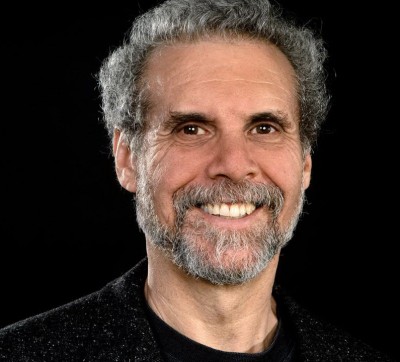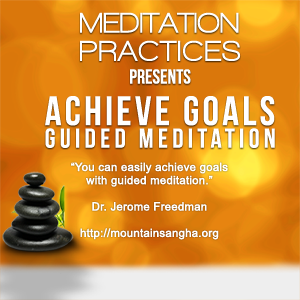Focus: The Hidden Driver of Excellence is the new book by Daniel Goleman. He was recently interviewed by Joan Duncan Oliver in an article in Tricycle Magazine titled, Focus: The Power of Paying Attention. Unless you are a Tricycle.com member, you won’t be able to read the whole article.
 What caught the focus of my attention in the article was the fabulous way he encourages us to focus on one thing at a time. Basically, you can’t really multitask, like my wife always does. She tends to ask me to do something and before I can start, she asks me to do something else. My list of “honey-do’s” grows longer and longer, and by the time she finishes listing everything that has to be done NOW, I’ve forgotten the first thing on the list.
What caught the focus of my attention in the article was the fabulous way he encourages us to focus on one thing at a time. Basically, you can’t really multitask, like my wife always does. She tends to ask me to do something and before I can start, she asks me to do something else. My list of “honey-do’s” grows longer and longer, and by the time she finishes listing everything that has to be done NOW, I’ve forgotten the first thing on the list.
When I read what Daniel said in the interview, I was so excited that I wanted to wake her up and say to her, “I told you so!” But she had been coughing for nights in a row so I finished the article, turned off the light, shut down my iPhone and went to sleep.
Here is what is in the article about multitasking:
Let’s talk about the myth of multitasking. The myth of multitasking is that it saves time. The truth of multitasking—and there are some very good research studies on this at places like Stanford—is that people who multitask actually perform worse than people who stay concentrated on one thing and don’t get distracted. Meditators know this: The more you stay focused on one thing, the deeper your concentration becomes. And the more your mind wanders off to other things—let alone, you go off and do other things, like check your email—the poorer your concentration becomes. The other part of the myth is that you can actually focus on two different things at the same time. In the brain, what you’re actually doing is switching from one thing to another. And when you switch focus, it takes what’s called “cognitive effort” to get back to where you were before. Cognitive effort means (a) to be mindful, to notice that your mind has wandered; (b) to disengage from where it’s gone; and (c) to put it back where it was. A famous study by Clifford Nass at Stanford showed that when people were focused on a task and their mind wandered off—“Oh, I’ve got to check that text; I’ve got to check my email”—it took them many, many minutes to get back to full focus on that task.
Yet we persist in thinking multitasking is the way to handle all the various distractions today. It’s very seductive, with all the nice little dings and pings and pop-ups calling to us like Sirens.
So what’s the solution? Is meditation a good strategy for improving our ability to focus? The capacity for attention is like a mental muscle, and it’s getting flabbier and flabbier in most of us. We have more distractors than ever. Distraction means that rather than us taking control of our attention and deploying it as we wish, we’re letting the external world grab our attention and take it where it wants. So the fundamental tension is between having attention guided by the world around us rather at random and having attention within our control, which is what all meditation training helps us do. Whether it’s concentration or visualization or mindfulness or open awareness, we are taking control of our attention and cultivating the capacity to manifest a particular attentional strategy. Every kind of meditation, no matter what it is, reduces to a kind of training in maintaining a specific attentional stance.
Do you know anyone like my wife that can’t avoid multitasking? Will you make a commitment to tell them to focus on one thing at a time? Please share!














You must be logged in to post a comment.